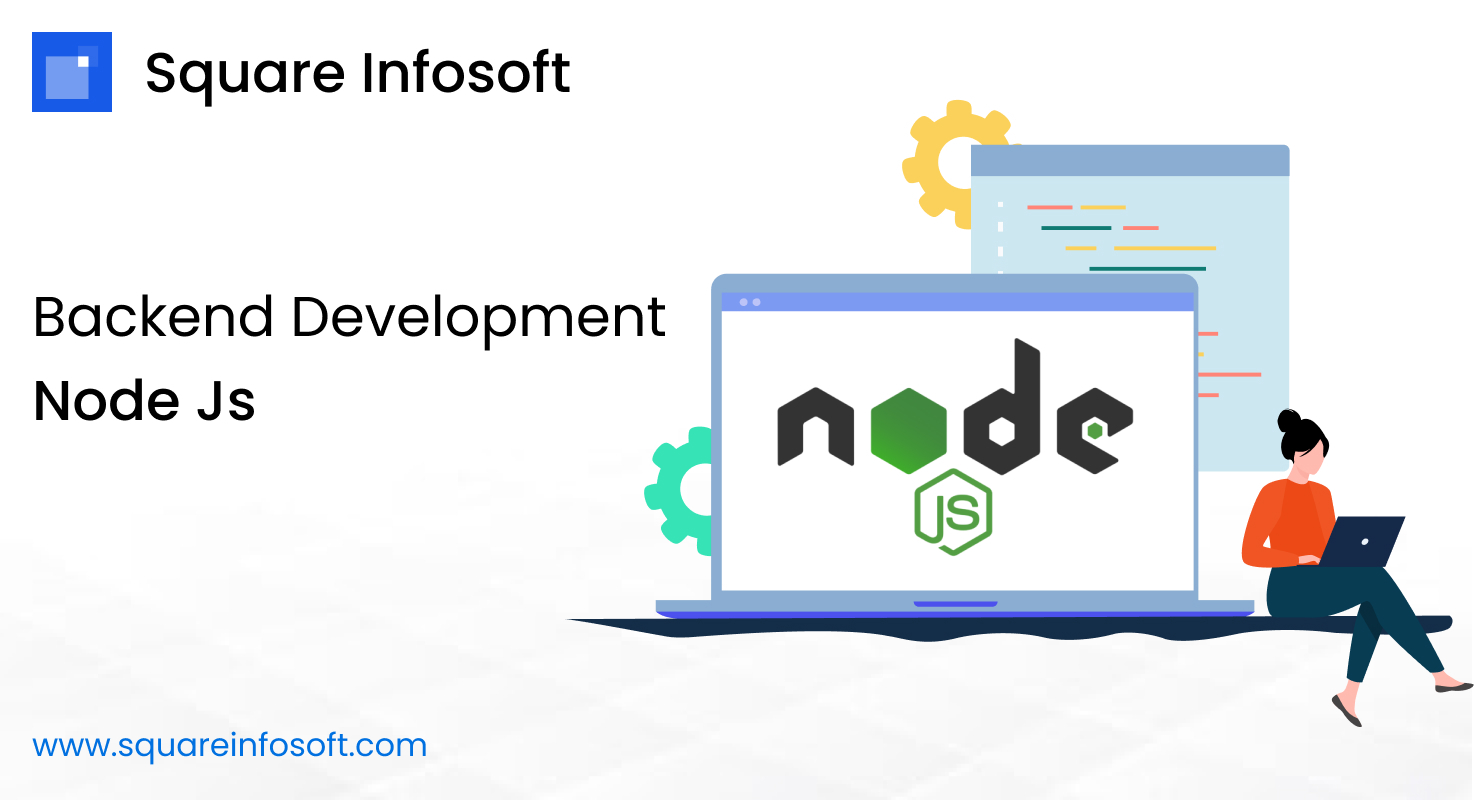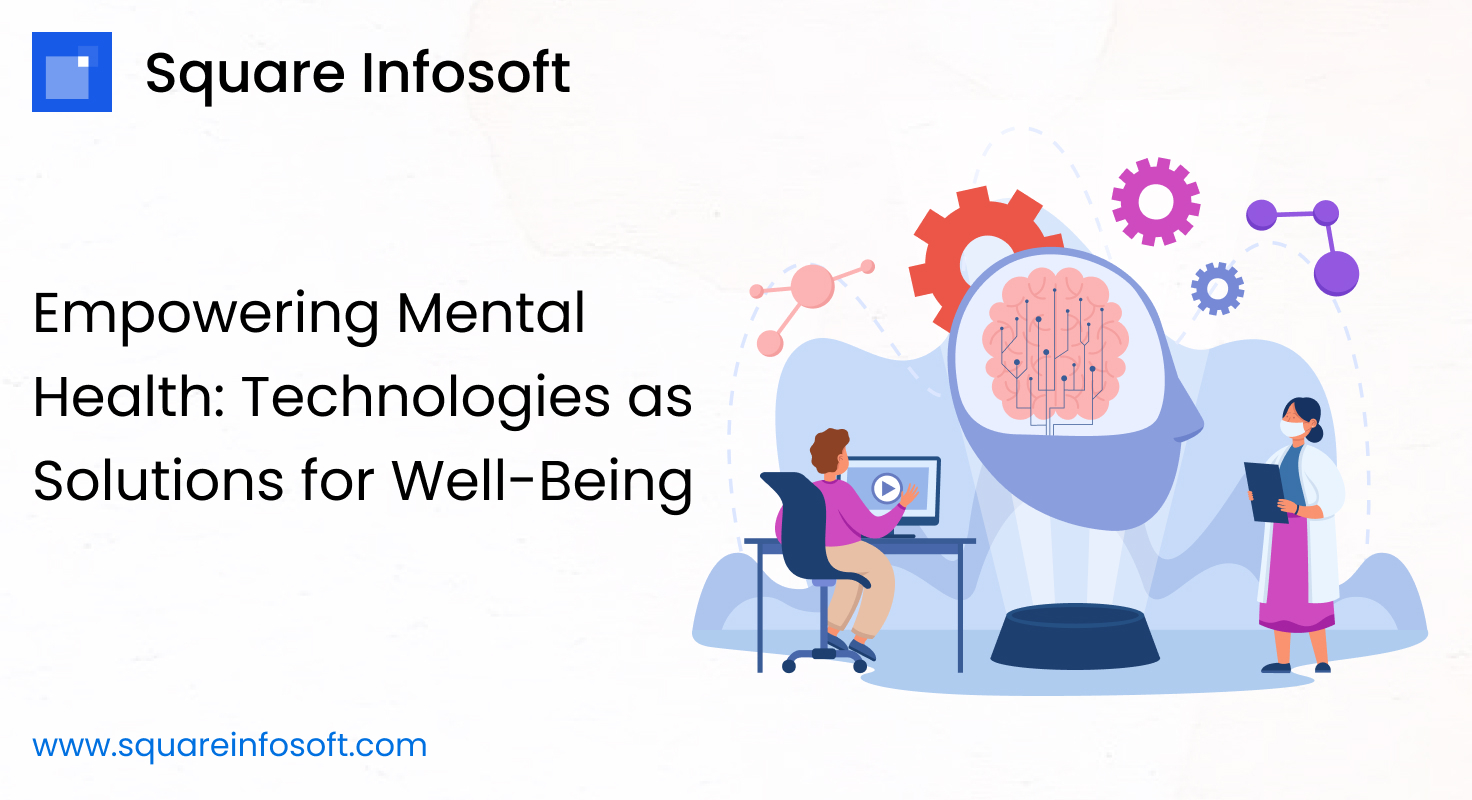Backend development with Node.js is a powerful and versatile approach to building server-side applications and APIs. In this detailed explanation, we’ll explore what Node.js is, its key features, benefits, use cases, and best practices.
What is Node.js?
Node.js is an open-source, server-side JavaScript runtime environment built on Chrome’s V8 JavaScript engine. It allows developers to write server-side code using JavaScript, traditionally a client-side language, enabling full-stack JavaScript development. Node.js is event-driven, non-blocking, and lightweight, making it well-suited for building scalable, real-time applications.
Key Features of Node.js:
- Asynchronous and Non-blocking I/O: Node.js uses an event-driven, non-blocking I/O model, allowing it to handle multiple concurrent connections efficiently without blocking the execution of other tasks. This makes it ideal for building highly scalable and performant applications.
- Single-threaded Event Loop: Node.js operates on a single-threaded event loop, which means it can handle thousands of concurrent connections with minimal overhead. Asynchronous operations such as file I/O, network requests, and database queries are offloaded to worker threads, ensuring smooth and responsive application performance.
- NPM (Node Package Manager): Node.js comes with npm, the largest ecosystem of open-source libraries and modules for JavaScript development. npm provides access to thousands of pre-built packages that simplify common tasks, accelerate development, and promote code reuse.
- Cross-platform Compatibility: Node.js is cross-platform, meaning it runs on various operating systems such as Windows, macOS, and Linux. This allows developers to write code once and deploy it across different environments without modification.
- Scalability: Node.js enables horizontal scalability by supporting distributed architectures and microservices. It can handle high volumes of concurrent requests, making it suitable for building large-scale, real-time applications such as chat applications, streaming services, and multiplayer games.
Benefits of Node.js:
- Increased Developer Productivity: Node.js enables full-stack JavaScript development, allowing developers to use the same language and tools on both the client and server sides. This reduces context switching, promotes code reuse, and enhances developer productivity.
- High Performance: The event-driven, non-blocking nature of Node.js enables it to handle I/O-heavy tasks efficiently, resulting in faster response times and improved application performance. This makes Node.js particularly well-suited for building real-time applications and APIs.
- Rich Ecosystem: Node.js has a vast ecosystem of third-party libraries, frameworks, and tools that simplify common development tasks, such as Express.js for building web servers, Socket.IO for real-time communication, and Sequelize for database ORM (Object-Relational Mapping).
- Community Support: Node.js has a large and active community of developers, contributors, and enthusiasts who contribute to its ongoing development, share knowledge, and provide support through forums, documentation, and online resources.
- Scalability and Flexibility: Node.js’s lightweight and scalable architecture makes it suitable for building both small, single-purpose APIs and large, complex applications. It can easily scale horizontally to handle increased traffic and workload demands.
Use Cases of Node.js:
- web development. : Node.js is commonly used for building web applications, including e-commerce platforms, social networking sites, content management systems (CMS), and real-time collaboration tools.
- API Development: Node.js is well-suited for building fast and scalable APIs (Application Programming Interfaces) to power mobile apps, web services, IoT (Internet of Things) devices, and other client applications.
- Real-time Applications: Node.js is ideal for building real-time applications such as chat applications, online gaming platforms, live streaming services, and collaborative editing tools, thanks to its event-driven architecture and WebSocket support.
- Microservices: Node.js is often used in microservices architectures to build lightweight, independent services that communicate via APIs. Its scalability, modularity, and performance make it well-suited for building and deploying microservices at scale.
Best Practices for Node.js Development:
- Use Asynchronous Programming: Leverage Node.js’s asynchronous, non-blocking nature to optimize I/O-bound operations and avoid blocking the event loop. Use callbacks, Promises, or async/await syntax to handle asynchronous code effectively.
- Optimize Performance: Identify and optimize performance bottlenecks using profiling tools, performance monitoring, and code optimizations. Minimize CPU and memory usage, cache data where possible, and optimize database queries for improved performance.
- Error Handling: Implement robust error handling and logging mechanisms to gracefully handle errors, prevent crashes, and debug issues effectively. Use try/catch blocks, error middleware, and logging libraries to capture and report errors.
- Security: Follow best practices for security, such as validating user input, sanitizing data, encrypting sensitive information, and protecting against common security vulnerabilities such as SQL injection, XSS (Cross-Site Scripting), and CSRF (Cross-Site Request Forgery).
- Dependency Management: Keep dependencies up to date and audit them regularly for security vulnerabilities. Use npm audit to identify and fix security vulnerabilities in dependencies, and consider using package-lock.json or yarn.lock to lock dependency versions.
- Code Structure and Organization: Maintain clean, modular code by following best practices for code structure, organization, and naming conventions. Use modules, classes, and functions to encapsulate logic, promote reusability, and improve maintainability.
- Testing: Write comprehensive unit tests, integration tests, and end-to-end tests to validate application functionality, prevent regressions, and ensure code quality. Use testing frameworks such as Mocha, Chai, or Jest to automate testing and continuous integration (CI).
In conclusion, Node.js is a powerful and versatile platform for building scalable, real-time applications and APIs. Its event-driven, non-blocking architecture, rich ecosystem, and cross-platform compatibility make it well-suited for a wide range of use cases in web development, API development, real-time applications, and microservices architectures. By following best practices and leveraging its key features and benefits, developers can build fast, efficient, and reliable applications with Node.js.




